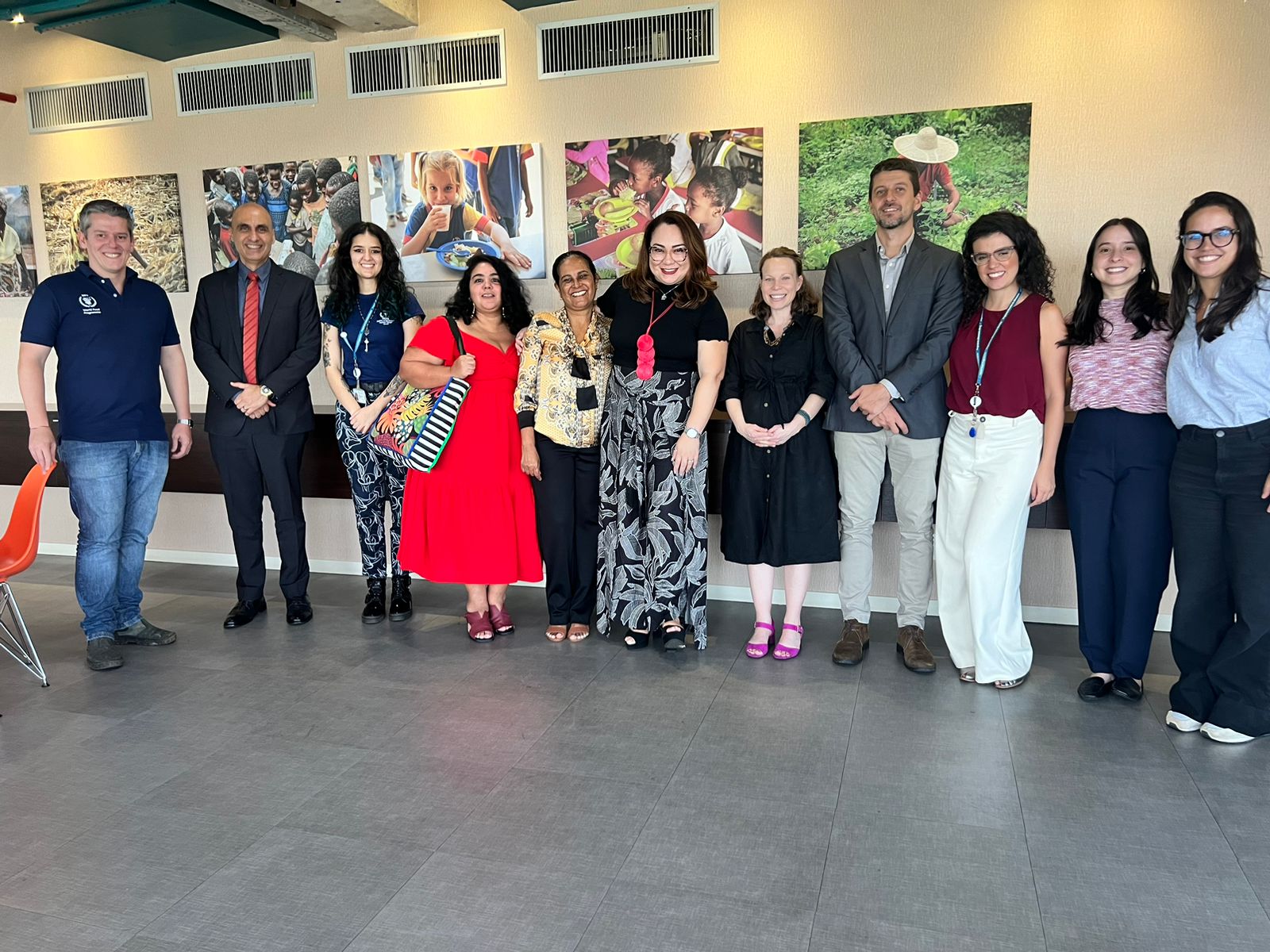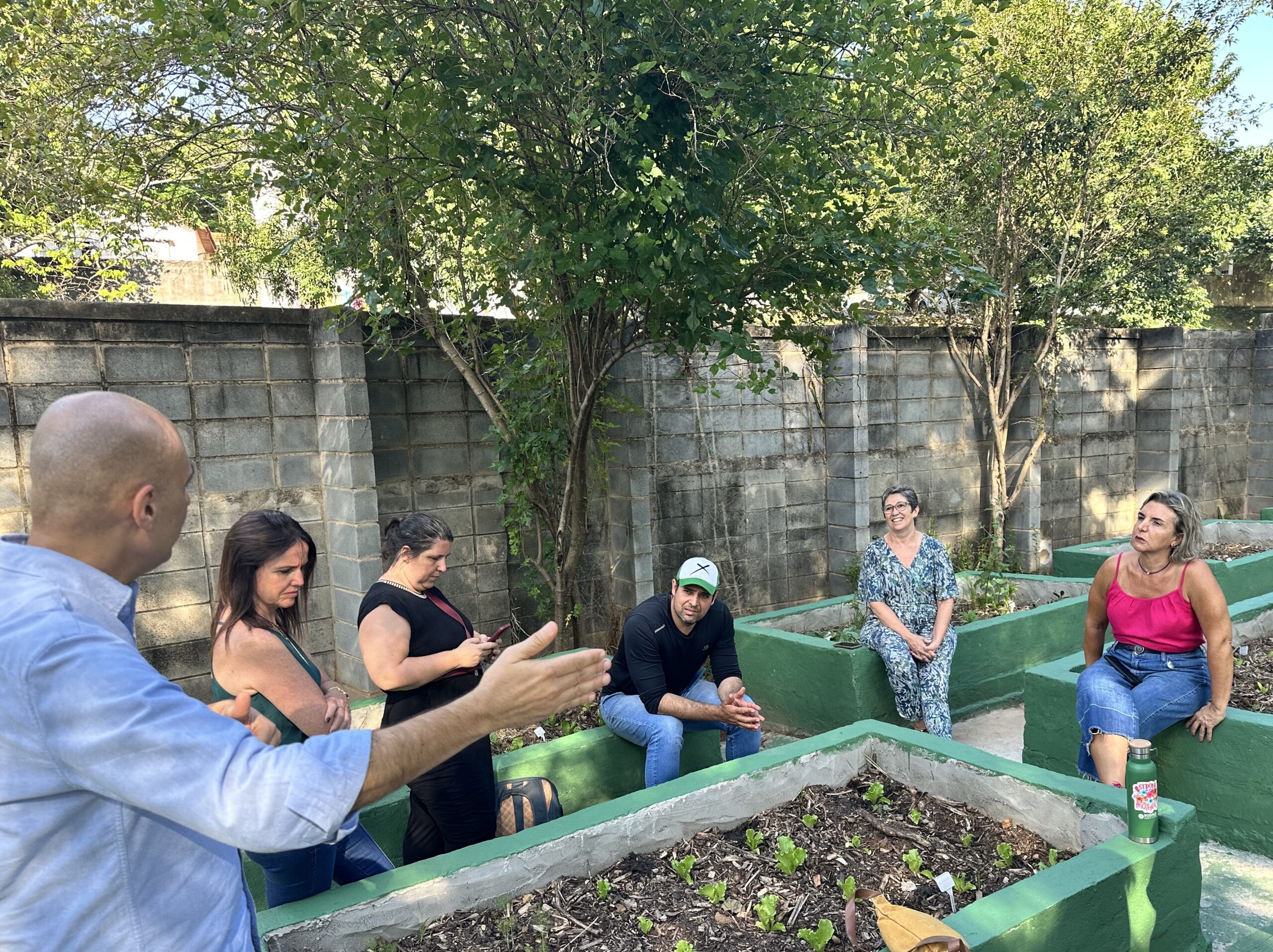
Between 4 and 8 March, the Rockefeller Foundation team was in Brazil to learn about the country’s strategies for school feeding and regenerative agriculture. The delegation, made up of experts from the Foundation and the World Food Programme (WFP) Centre of Excellence against Hunger Brazil, visited various actors in Brasilia, Belo Horizonte, Jundiaí and São Paulo.
The objective of the mission was to learn about the different aspects of the National School Feeding Programme (PNAE, in Portuguese) and its integration with local food production and home-grown school feeding with sustainable practices. The PNAE is considered one of the most successful school feeding programmes in the world. The mission also sought to identify opportunities for collaboration between the Rockefeller Foundation, the WFP and the Brazilian government.
In Brasilia, the delegation met with representatives from the Ministry of Education, the National Education Development Fund (FNDE, in Portuguese), the Ministry of Social Development and the Ministry of Foreign Affairs. The agenda also included visits to production units with participatory certification for organic and agroecological products and which offer this production within the PNAE.
The results of the research “Real Food in Country and City Schools: Agroecology and School Feeding” were also presented, helping to qualify the development of other experiences and encourage initiatives by civil society and public management in defence of the PNAE. The initiative, coordinated by the National Articulation of Agroecology (ANA, in Portuguese) and the Brazilian Forum for Sovereignty and Food and Nutrition Security (FBSSAN, in Portuguese), was carried out between 2019 and 2021 with the support of the Agroecologia em Rede website team and in partnership with various organisations and local actors in all regions of the country.
In Belo Horizonte, the programme developed by the Undersecretariat for Food and Nutritional Security (SUSAN, in Portuguese), which has been running for more than 20 years, was presented, with affirmative policies for the purchase of organic food for municipal schools.

In Jundiaí, the mission visited the experience developed by the Department of Education with the introduction of Non-Conventional Food Plants (PANCs, in Portuguese) into the menus of municipal schools, with the highlight being a visit to Vale Verde, an initiative that produces organic food, including PANCs, used in the municipality’s school meals. Visits were also made to the Jânio Quadros Municipal School to find out how these foods are prepared, stored and consumed in school meals.
In São Paulo, the delegation met with the Centre for Recovery and Nutritional Education to learn about the experience of producing and consuming organic food produced by the community in urban gardens on the outskirts of São Paulo. The meetings in the municipalities of Belo Horizonte, Jundiaí and São Paulo were held jointly with the Regenera Institute, the Comida do Amanhã Institute and municipal secretariats.
Brazilian experience
The PNAE serves more than 40 million students across the country. The programme is a benchmark for other countries due to its scope, quality and impact on students’ food and nutritional security. The programme is decentralised, which means that each state and municipality is co-responsible for its management. This ensures that the programme is adapted to the specific needs of each location.
The PNAE is also known for its strong participation by civil society, which takes part in drawing up the menu, buying food and overseeing the programme.




